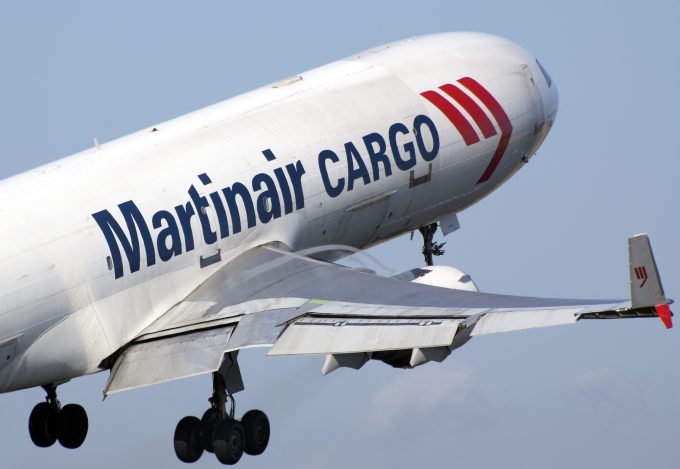CMA CGM Air Cargo finally launches transpac services
CMA CGM Air Cargo is finally launching transpacific services to the US, after it ended ...

Air France KLM Martinair Cargo’s revenues declined almost 34% in the second quarter, to Є606m ($667m), compared with Q2 22, as cargo demand remained sluggish.
A financial statement released by the Air France KLM group today highlights the takeaways from the quarter: the French-Dutch combined carrier said the resumption of passenger travel had resulted in an increase in available tonne-km (ATK) of 6.5% on Q2 2022.
But cargo traffic, measured in revenue tonne km (RTK) was down 8.5%, as “the second quarter ...
Crew saved as MSC box ship, hit by 'monsoon' off Indian coast, sinks
MSC Elsa 3 sinking – now the 'blame game' begins
After DSV 'cuts the cake' on Schenker acquisition, time for redundancies?
New services and reinstated blanked sailings boost transpacific capacity
Congestion fear as US west coast ports brace for transpacific cargo surge
$2.1bn E2open purchase will 'catapult WiseTech into a different dimension'
News in Brief Podcast | Week 21 | GRIs and European port congestion
Houthis claim Red Sea safe for box ships not calling at port of Haifa
Shippers hold their breath as Trump appeals court ruling that tariffs are illegal
Bad news for shippers as wave of transpacific rate increases continues
US importers stockpiling goods to avert autumn shortages amid tariff chaos
Shippers brace for rate rise as smart phones expected to drive air cargo market

Comment on this article